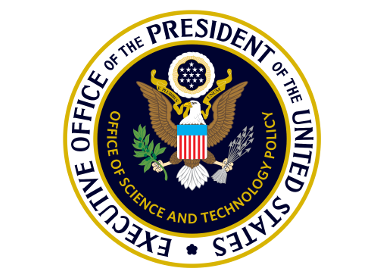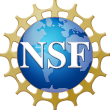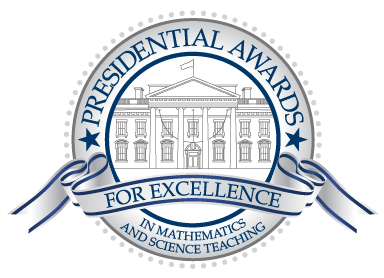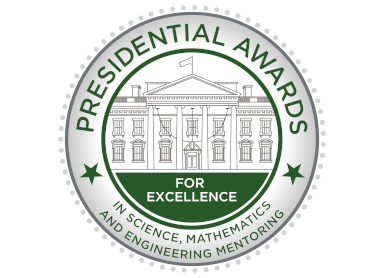Elsa Herraez Hernandez
Great Barrington, MA | 7-12, Science, 2023

What motivates you to contribute to excellence in STEM teaching?
I live for the “aha” moments -when a student suddenly shouts, “I get it!” In that instant, their confidence grows and curiosity follows right behind. STEM becomes more than content; it becomes a space where students feel seen, capable, and valued. My motivation comes from guiding all students to realize they can think deeply and solve creatively. Those moments remind me that great teaching doesn't just build knowledge -it builds belief.
What has been the most transformative moment that affirmed your impact on STEM education?
One transformative moment came when a former student -once quiet and unsure- returned years later as a STEM major. She shared how STEM in my classroom felt different: collaborative, creative, and safe to fail. That conversation crystallized what I believe deeply: when we make STEM learning human-centered, rigorous, and joyful, we transform lives. Her words reminded me that impact often blooms long after the final exam.
Using your platform as a Presidential Awardee, how do you hope to advance our nation in STEM?
I aim to work more closely with policymakers, because those in the field should help shape change -we know firsthand what works and what students truly need. I also hope to collaborate with fellow educators to promote discovery- and inquiry-based classrooms where all students are challenged, supported, and feel deeply invested in their learning. As an awardee, I want to amplify teacher voice and drive a STEM culture rooted in equity, curiosity, and real-world relevance.
Biography
Elsa Herraez Hernandez began her career as a scientist and transitioned into education nine years ago. She has taught Biology, Advanced Placement Biology, Anatomy & Physiology, and Intro to Healthcare at Monument Mountain Regional High School. In the classroom, Elsa creates lasting memories by presenting discovery-based experiences that cultivate students’ curiosity and develop inquisitive minds. Her thematic curriculum makes science accessible to all students, encouraging them to engage in meaningful and complex thinking. Over the past two years, Elsa has divided her time between teaching 9th-12th grade students and serving as a fellow for the Massachusetts Department of Elementary and Secondary Education's Rethinking Grading pilot. She also engages in educational reform as an instructional leader, Science Department Coordinator, and 2023-2024 TeachPlus Policy Fellow. She is especially proud of her work in transforming grading and instructional practices at her school with colleagues and students. Elsa has participated in various trainings both nationally and internationally on pedagogy and science-specific best practices. She has planned multiple school visits to better understand how to leverage student voice for authentic and meaningful learning. Her diverse learning endeavors range from swimming with sharks, placing catheters in patients, or creating curricula on why elephants don’t get cancer. She has presented at local, state, and national conferences on scientific topics around molecular diagnostic systems and educational reforms like the impact of student-teacher alliances to drive change. Elsa earned a B.S. in biology, an M.S. in food biology and biotechnology, and a Ph.D. in molecular oncology. She is certified in 9th-12th grade high school biology education.
High-resolution version of the teacher profile photograph
The views expressed in awardee profiles are those of the author and do not necessarily reflect the views of NSF or the PAEMST program.



